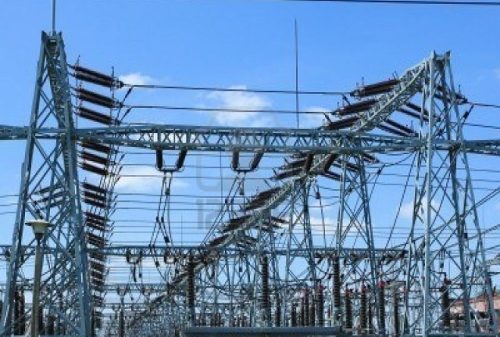
The World Bank Group and the African Development Bank Group are partnering to provide no fewer than 300 million Africans with electricity access by 2030.
This is contained in a statement issued by the World Bank Online Media Centre, a copy of which was made available to the News Agency of Nigeria on Thursday.
The statement said that the WBG would work to connect 250m people to electricity through distributed renewable energy systems or the distribution grid.
It said the AfDB Group on its part would support an additional 50m people.
“Access to electricity is a fundamental human right and is foundational to any successful development effort.
“Currently, 600 million Africans lack access to electricity, creating significant barriers to health care, education, productivity, digital inclusivity, and ultimately job creation,” the statement read.
It added that the partnership was a demonstration of the determination of the WBG and the AfDB Group to be bolder, bigger and better in tackling one of the most pressing challenges in Africa.
The statement read further that “the initiative is the most recent manifestation of the WBG’s commitment to become more impact-oriented and is the by-product of a concerted work plan to build a better bank.
“It is aided by a constellation of regional energy programmes that will now be aligned toward this common goal.”
The statement quoted the WBG’s President, Ajay Banga, as saying that “electricity access is the bedrock of all development.
“It is a critical ingredient for economic growth and essential for job creation at scale.
“Our aspiration will only be realised with partnership and ambition.
“We will need policy action from governments, financing from multilateral development banks and private sector investment to see this through.”
It said for the WBG to connect 250m people, $30 billion of public sector investment will be needed, of which the International Development Association – the World Bank’s concessional arm for low-income countries, would be critical.
The statement said in addition, governments would need to put in place policies to attract private investments and reform their utilities so they are financially sound and efficient with tariff mechanisms that protect the poor.
“Connecting 250 million people to electricity would open private sector investment opportunities in distributed renewable energy alone worth $9bn.
“Beyond that, there would be substantial opportunities for private investments in grid-connected renewable energy needed to power economies for growth,” the statement noted.
NAN

